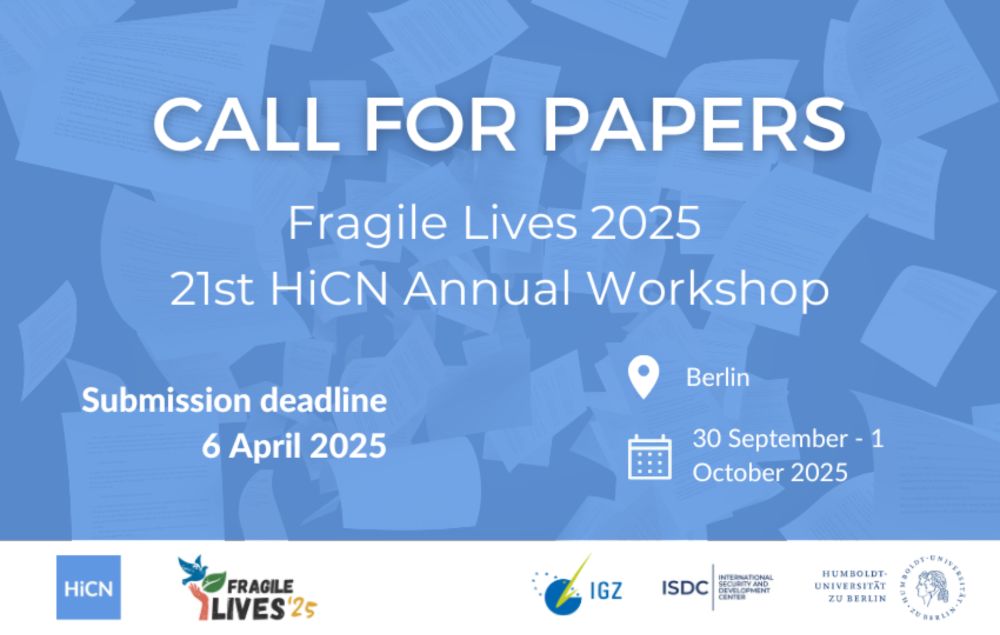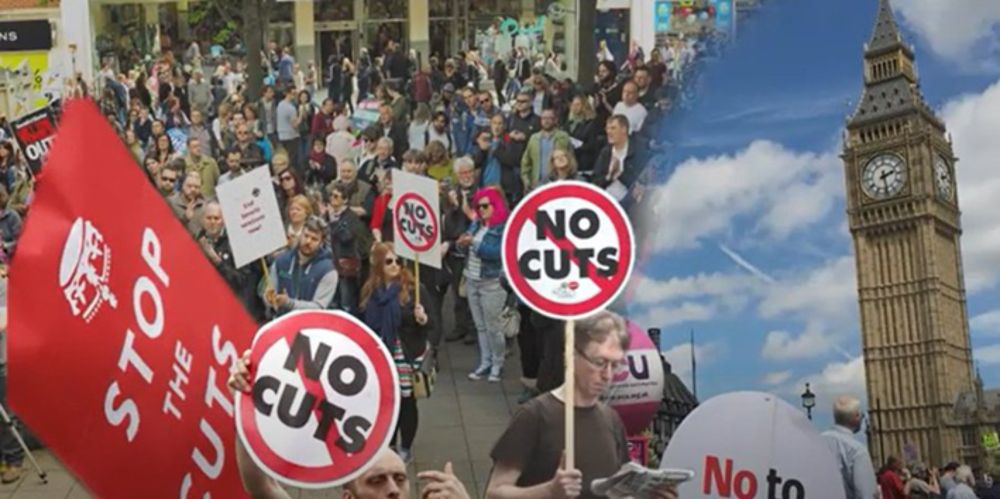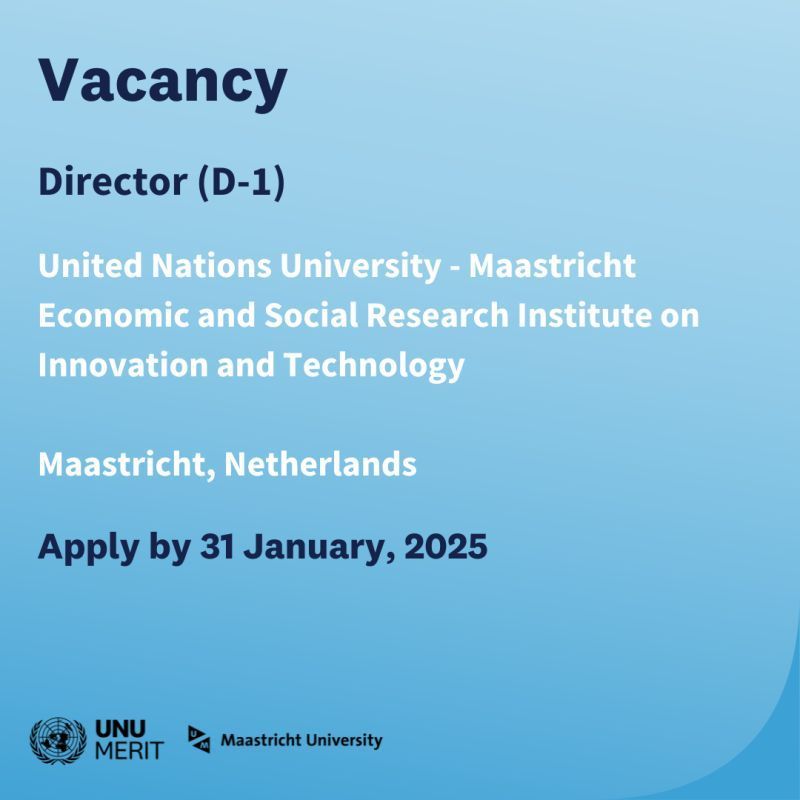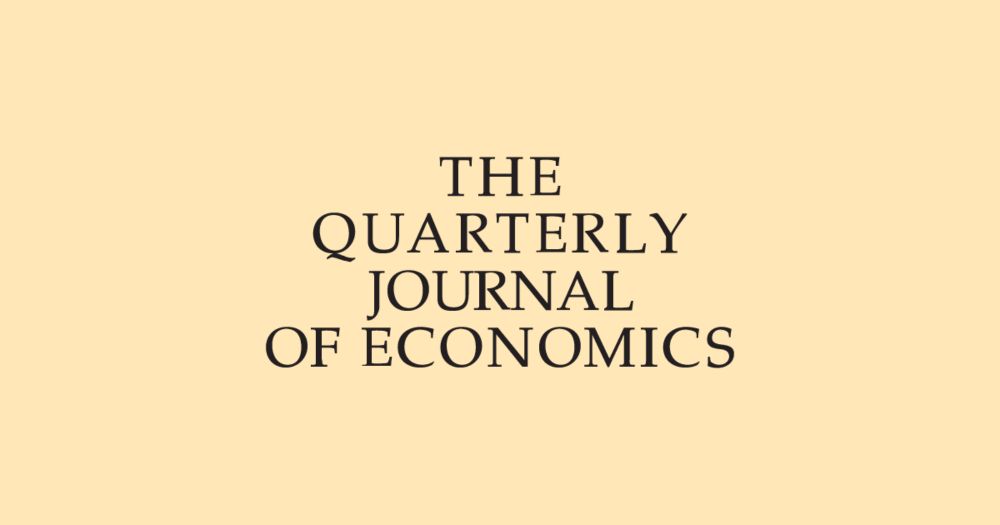Reposted by: Bruno Martorano, Janet Gornick
👉New paper by F. Avaredo @yonatanberman.com & @morellisal.bsky.social estimates wealth distribution using estates left at death.
🔍Read more wid.world/news-article...

by Melissa Siegel — Reposted by: Bruno Martorano
academic.oup.com/migration/ar...

Reposted by: Bruno Martorano, Rachel M. Gisselquist
#callforpapers #Berlin #HiCN #FragileLives @isdcberlin.bsky.social

Reposted by: Bruno Martorano, Koen Frenken, Alex Coad
Work within a multidisciplinary team to map and analyse AI innovation pathways using NLP—focusing on their societal impact, especially in sectors like agriculture.
🗓️ Apply by 13 April 2025
🔗 go.unu.edu/m93fc
by Daniel Ziblatt — Reposted by: Bruno Martorano, Nathan Nunn, Jon H. Fiva , and 3 more Bruno Martorano, Nathan Nunn, Jon H. Fiva, Jonathan N. Katz, Todd Landman, Daniel Ziblatt
www.nationalelectionsdatabase.com
with Benjamin Marx and Vincent Rollet
Reposted by: Bruno Martorano
You can put a tax on wealth, equalise taxes on wealth with taxes on work, or crack down on avoidance to raise billions right now!

by Elisabetta Aurino — Reposted by: Bruno Martorano
The DHS are such a key resource for data on health, nutrition, fertility, etc, and a global public good. Now it will be harder to document the damages of shutting down critical health programs among the world’s poorest, but likely this is why they have been terminated
www.linkedin.com/posts/caren-...
Reposted by: Bruno Martorano
📄 go.unu.edu/7wzza

Reposted by: Bruno Martorano
Reposted by: Bruno Martorano
Reposted by: Bruno Martorano
Applications remain open for the Director (D-1) role at UNU-MERIT 🇺🇳. Lead a globally recognised institute at the intersection of academia and the UN, shaping research, education, and partnerships.
Deadline: 14 February 2025
Apply now: buff.ly/3Dz8ZEU

Reposted by: Bruno Martorano
Reposted by: Bruno Martorano
Apply for UNU-MERIT’s PhD Programme in Innovation, Economics, Governance & Sustainable Development.
✅ Full-time & dual career tracks
📅 Starts: September 2025
⏰ Deadline: 15 February 2025
Join a dynamic research community shaping policy impact.
🔗 Apply now: bit.ly/4fROa5t

Reposted by: Bruno Martorano, Keetie Roelen
While people are told that #austerity cuts are unavoidable because there’s no money, billionaire wealth is growing 3 times faster than it was just a year ago
#Inequality can and must be reduced
www.oxfam.org/en/takers-no...
#EndAusterity #TaxTheRich

Reposted by: Bruno Martorano, Hannes Rusch
UNU-MERIT is seeking its next Director (D-1) to lead research, education, & global partnerships at the intersection of academia and the United Nations system.
🗓️ Apply by: 31 January 2025
📍 Maastricht, Netherlands
🌐 Learn more: buff.ly/3Dz8ZEU

Reposted by: Bruno Martorano
psantanna.com/did-resources
There, you will find
- 14 lectures of my comprehensive DiD course
- Shorter lectures/talks I have given on DiD
- My DiD R/Stata/Python packages
- Some DiD checklists
- DiD materials from my friends
Enjoy!
Reposted by: Bruno Martorano, Marina Della Giusta, Guido Heineck

Reposted by: Bruno Martorano
Reposted by: Bruno Martorano
Reposted by: Bruno Martorano
Reposted by: Bruno Martorano, Lawrence F. Katz, Sendhil Mullainathan

Reposted by: Bruno Martorano
More info here: sites.google.com/site/salvato...


• We are among the first to use video-based interventions to study redistribution preferences.
• Our study is also the only one comparing video to text interventions for the same content.
Full paper: bit.ly/49tmpOz


• Analysing, within the same experimental setting, how info about different types of inequality shapes preferences for different redistributive policies.
• Highlighting wealth inequality, a topic often overlooked in favour of income inequality in past research.

• Information on inequality avoidability significantly updates participants' knowledge.
• Information on inequality or social mobility may serve as a primer, as most participants are already aware of high inequality and low social mobility in the US.
• Middle-income earners
• Those with higher trust in the government
• Participants who underestimated inequality levels
• Women
Importantly, these effects weren’t driven by political orientation.